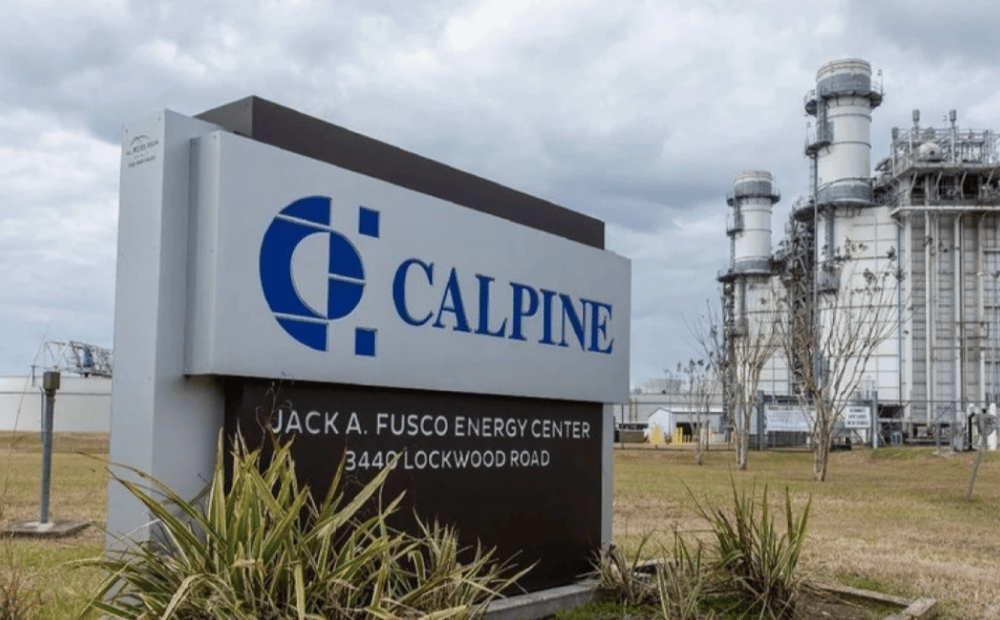Meta Platforms $META announced on Tuesday a groundbreaking agreement with Constellation Energy $CEG to maintain continuous operation of one of Constellation’s nuclear reactors in Illinois for the next 20 years. This contract marks the first time a major technology company has secured long-term nuclear power as part of its energy sourcing strategy.
The deal emerges against a backdrop of surging electricity demand in the United States, driven for the first time in two decades by the rapid expansion of artificial intelligence (AI) applications and the associated growth of data centers.
Impact of Meta’s Nuclear Energy Deal on the US Power and Tech Sectors
Meta’s agreement with Constellation Energy represents a strategic shift towards securing stable, low-carbon electricity essential for powering its expansive data center infrastructure. Nuclear power provides a reliable base load energy source that can support continuous high-volume consumption without the intermittency issues typical of renewables like solar or wind.
As AI technologies exponentially increase compute needs, demand for electricity is rising sharply, challenging the US energy grid which has not seen such growth in decades. This nuclear deal enables Meta to mitigate risks related to power shortages or price volatility, while advancing its corporate sustainability goals by reducing reliance on fossil fuels.
For Constellation Energy, the partnership ensures long-term operational certainty for its Illinois nuclear facility, supporting investments and employment stability. This collaboration highlights the growing intersection of traditional energy utilities with technology companies seeking cleaner, dependable power solutions.
Key Facts
Meta Platforms signed a 20-year contract with Constellation Energy.
The deal involves continuous operation of a nuclear reactor in Illinois.
It is the first long-term nuclear power agreement by a major tech company.
US electricity demand is increasing due to AI and data center growth.
Nuclear energy offers stable, low-carbon base load power for Meta’s infrastructure.
Market and Industry Reactions to Meta’s Clean Energy Strategy
The energy market reacted positively to the deal, interpreting it as a validation of nuclear power’s role in the energy transition, especially for sectors with high and stable electricity consumption like tech. Investors have shown growing interest in energy providers with reliable clean energy assets amid regulatory pressures on carbon emissions.
Industry experts note this deal may prompt other technology firms to explore similar arrangements to secure energy resilience and meet sustainability targets. The US government’s ongoing focus on clean energy infrastructure could accelerate such partnerships, supporting both decarbonization and grid stability.
Meta’s move also sends a strong signal about the real impact of AI on power systems, encouraging utilities and policymakers to prepare for sustained demand growth.
Key Takeaways
Meta’s 20-year nuclear deal is a pioneering example of tech-energy sector integration.
Nuclear power provides crucial stability against rising electricity demand from AI and data centers.
The partnership enhances Meta’s sustainability and risk management strategies.
Positive market reaction underlines investor confidence in nuclear energy’s future.
The deal may catalyze similar agreements across the technology industry.
Significance of Meta’s Nuclear Energy Agreement for US Energy and Technology Sectors
Meta Platforms’ landmark nuclear energy agreement with Constellation Energy is a strategic milestone in addressing the growing electricity demand driven by AI and digital infrastructure expansion. By securing long-term, reliable nuclear power, Meta demonstrates how technology companies can lead in adopting sustainable and resilient energy solutions.
This collaboration underscores the evolving dynamics of the US energy landscape, where clean, stable power sources are becoming indispensable for high-demand industries. The deal is likely to influence future corporate energy strategies and regulatory policies, reinforcing nuclear energy’s role in the country’s path toward decarbonization and energy security.








This decision reflects a broader trend toward innovation-driven capital allocation